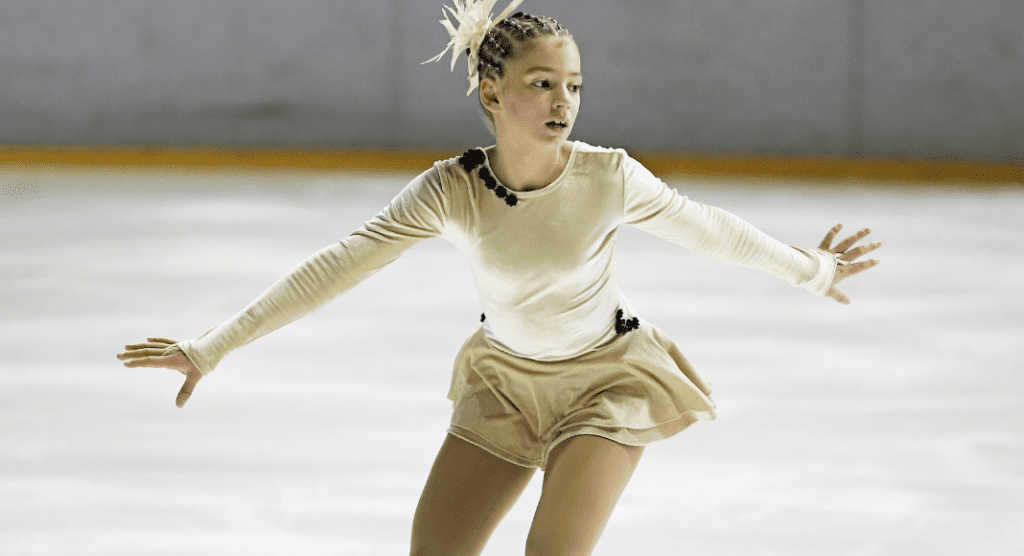The 2022 Winter Olympics are upon us! From Feb. 4 – Feb. 20, some of the best athletes in the world will descend upon Beijing, China to compete for those elusive gold, silver, and bronze medals.
When I was growing up, I would watch the Olympics with my mom and sister religiously. Every two years we’d be glued to the television, whether it was the Winter Olympics or the Summer Olympics. We’d watch all the competitions leading up to the Olympics, so we’d know all the competitors who would be at the Olympics. We’d even watch some of the European events so that we’d know who the Americans would be competing against. We all had our favorite competitors, and we’d cheer for them as if they were our own family; we knew their background stories, watched all the behind-the-scenes training footage and soaked in every moment.
My husband enjoys watching the Olympics as well, so we’ve now introduced our boys to the wonder that is the Olympics. They very much enjoyed the 2020 Summer Olympics. It was fun watching them get excited as they picked who they thought would win each event. They cheered and yelled at the TV and thoroughly enjoyed themselves. I’m excited to see how they react to the Winter Olympic events as well.
While I love seeing them so excited about the athletes and the events taking place, I also want them to watch the Olympics to learn from them.
 Olympic athletes train for years and years to perfect their skills and become the best they can be. Training can consist of early morning training sessions (early as in before the sun is up) that can last for a couple of hours, afternoon and evening training sessions late into the night. Many of the younger athletes sacrifice going to school and are homeschooled or tutored instead, due to their rigorous training schedule.
Olympic athletes train for years and years to perfect their skills and become the best they can be. Training can consist of early morning training sessions (early as in before the sun is up) that can last for a couple of hours, afternoon and evening training sessions late into the night. Many of the younger athletes sacrifice going to school and are homeschooled or tutored instead, due to their rigorous training schedule.
Olympic hopefuls attend competition after competition. They endure ups and downs in their training and at competitions. There is never an easy road to the Olympics; it’s filled with wins, yes, but also many losses and low points along the way. Injuries can occur as well.
On top of all of that, there is the cost. Coaches need to be paid, performance clothing and equipment purchased, training space to be rented, gym time, and more. Many families sacrifice a lot in order to help their child fulfill their Olympic dreams. Athletes and their families can spend thousands of dollars in their quest to be an Olympic athlete.
All of this takes a LOT of hard work and dedication. It takes drive and determination; the ability to push forward even when things are hard. And this is what I want my children to understand.
I want my boys to know that nothing in life comes easy. As much as we may wish it was, success isn’t just handed to us on a silver platter. We have to work for what we want and not give up no matter how difficult things may get. And, there is always some sort of difficulty; some problem that will arise that we have to work through. But it’s what you do when that problem arises that makes the difference. Do you sit down and give up? Or do you push forward in order to achieve your goals? I want my boys to be the ones who push forward; who don’t give up just because they hit a bump in the road.
And so, while it’s fun to watch the Olympics, it’s also a valuable teaching tool. One that I hope my children will learn from, and that will impact them their whole lives.















